- Great Learning
- Free Courses
- It & Software
Free Software Testing Course
Software Testing Tutorial
Learn key concepts such as SDLC, testing models, and documentation, and master the tools and techniques necessary to build specialized applications. Enroll in this free Software Testing course to develop essential skills.
Instructor:
Mr. Ritwik RajSoftware Testing Tutorial
170.7K+ learners enrolled so far
Stand out with an industry-recognized certificate
10,000+ certificates claimed, get yours today!
Get noticed by top recruiters
Share on professional channels
Globally recognised
Land your dream job

Skills you will gain
Software Testing Basics
SDLC
Documentation in Testing
Testing Models
Strategic Testing Approach
Levels of Testing
Unit Testing
Software Testing Principles
Testing Importance.
+3 More
Key Highlights
Get free course content
Master in-demand skills & tools
Test your skills with quizzes
About this course
This free Software Testing course covers the essential stages of the Software Development Life Cycle (SDLC), including planning, designing, testing, and maintenance. You’ll learn the importance of testing, the different types of testing, and why it’s crucial before software deployment. The course also introduces key software development models like Waterfall, Spiral, and V-models, helping you choose the right approach for your project.
You’ll explore various testing strategies and levels, such as acceptance, regression, system, and unit testing, along with when and by whom they should be performed. The course also covers Unit Testing and how to create and implement test suites using Java programming, equipping you with practical skills for effective software testing.
Course outline
SDLC
This module defines the Software Development Life Cycle and briefly discusses the various processes, from collecting requirements to maintaining the software. It later continues with helping you understand planning, designing, constructing, testing and maintenance.
What is Testing?
Testing is a significant phase in software development. This module gives you a brief overview of the testing phase and its types.
Why do We Need Testing?
The necessity to test the software before it is deployed goes beyond just cost margins. In this module, you will understand why software testing is performed and be able to verify all the reasons while developing software.
Documentation in Testing
This section provides insights into how every step, procedure, tool, and asset contributes to software product development. It also helps you record every procedure and the failure and iterations to refer to for later purposes.
Models
This section will tell you about the famous waterfall, spiral, and V-models. At the end of this module, you can decide what model to use for your project depending on the requirements and the design.
Strategic Approach
This section briefly explains different strategies used in different phases of SDLC. You will understand where and why system testing, validation, integration, and unit testing methods are used.
Levels of Testing
This section aims to answer your queries on acceptance, regression, system, and unit testing, why they are performed, by whom they are performed, and at what stage of the software development life cycle.
Unit Testing
In this module you will learn about What Unit testing is and it's advantages. You will also explore the ways to create test suits and implement them using Java programming.
Get access to the complete curriculum once you enroll in the course
Stand out with an industry-recognized certificate
10,000+ certificates claimed, get yours today!
Get noticed by top recruiters
Share on professional channels
Globally recognised
Land your dream job

Software Testing Tutorial

2.25 Hours
Beginner
170.7K+ learners enrolled so far
Get free course content
Master in-demand skills & tools
Test your skills with quizzes
Level up with advanced skills & become job ready with Pro+
Subscribe to Pro+ today to build skills with 50+ Pro courses and prep for jobs with advanced AI tools.

Penetration Testing and Ethical Hacking

Practice exercises

Guided Projects

AI Resume Builder

AI mock interviews
Get course + certificate with Pro+ subscription
Learner reviews of the Free Courses



5.0



5.0




Our course instructor

Mr. Ritwik Raj
IT & Software Expert
Frequently Asked Questions
Will I receive a certificate upon completing this free course?
Is this course free?
What modules are included in this Software Testing course?
The course covers the following modules:
ISDLC
What is Testing?
Why do We Need Testing?
Documentation in Testing
Models
Strategic Approach
Levels of Testing
Unit Testing
What will I learn in this Software Testing course?
This free software testing course provides a solid foundation in key concepts like Software Development Life Cycle (SDLC), different types of testing, test planning, and test execution. You will also gain an understanding of real-world testing tools, methods, and industry best practices.
What is the fundamental concept of testing?
The fundamental concept of testing is the process of executing a system with the intent of finding errors and verifying that the software product is fit for use.
How long does the Software Testing course take to complete?
The course takes approximately 2.25 hours to complete, allowing you to learn software testing online free at your own pace, with concise modules covering essential topics.
What skills will I gain from this Software Testing course?
You will gain the following skills:
Software Testing Basics
SDLC
Documentation in Testing
Testing Models
Strategic Testing Approach
Levels of Testing
Unit Testing
Software Testing Principles
Testing Importance.
What are the four fundamental software testing stages?
Planning and Control, Analysis and Design, Implementation and Execution, and Evaluating Exit Criteria and Reporting.
Is the Software Testing Fundamentals course a certification course?
Who should take this free software testing training course?
This course is perfect for beginners, aspiring software testers, quality assurance professionals, and anyone interested in understanding the basics of software testing and quality assurance.
Do I need any prior experience in software testing to take this course?
No prior experience is necessary. The course starts with the basics of software testing, making it suitable for those new to the field or seeking a solid understanding of testing principles.
Can I learn software testing online free at my own pace?
Yes, this course is self-paced, allowing you to start at any time and progress at your own pace. Whether you're a student or a working professional, you can manage your learning without pressure.
What are the two main types of methodologies of software testing?
The two main methodologies are Manual Testing and Automated Testing.
Where can I find free courses with certificates?
Explore a wide range of free courses with certificates at Great Learning Academy, featuring key areas like Artificial Intelligence, Machine Learning, Data Science, Cybersecurity, and more.
Will I have lifetime access to the free Testing course?
Once you enroll in the course, you will have lifetime access to any of the Great Learning Academy’s free courses. You can log in and learn whenever you want to, and you can refer to the attached software testing material anytime after enrolling.
What knowledge and skills will I gain upon completing this course?
This testing course is designed to help you understand what testing is, why it is done, what SDLC is, different types of software development, and strategies involved in testing, and tell you about its levels. After you have completed the course, you will be able to test an application at any stage of its development and figure out what testing is required at what stage. You will also be able to find errors and fix them before the application is released.
Is there any limit on how many times I can take this free course?
Once you enroll in the Software Testing course, you have lifetime access to it. So, you can log in anytime and learn it for free online.
Can I sign up for multiple courses from Great Learning Academy simultaneously?
You can enroll in as many courses as possible from Great Learning Academy. There is no limit to the number of courses you can enroll in at once, but since the courses offered by Great Learning Academy are free, we suggest you learn one by one to get the best out of the subject.
Become a Skilled Professional with Pro Courses
Gain work-ready skills with guided projects, top faculty and AI tools, all at an affordable price.


View Course

Included with Pro+ Subscription

View Course

Included with Pro+ Subscription

View Course

Included with Pro+ Subscription


View Course

Included with Pro+ Subscription

View Course

Included with Pro+ Subscription


View Course

Included with Pro+ Subscription

View Course

Included with Pro+ Subscription
.jpg)
View Course

Included with Pro+ Subscription


View Course

Included with Pro+ Subscription


View Course

Included with Pro+ Subscription


View Course

Included with Pro+ Subscription




View Course

Included with Pro+ Subscription


View Course

Included with Pro+ Subscription

View Course

Included with Pro+ Subscription

View Course

Included with Pro+ Subscription
 (1).png)
View Course

Included with Pro+ Subscription

View Course

Included with Pro+ Subscription

View Course

Included with Pro+ Subscription
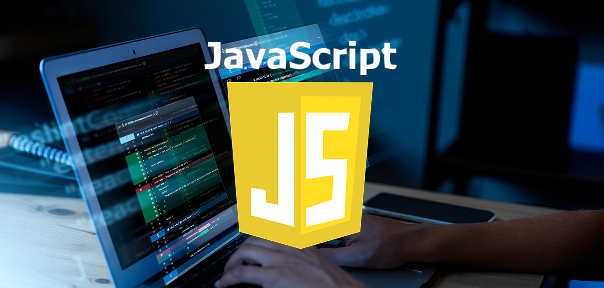
View Course

Included with Pro+ Subscription

View Course

Included with Pro+ Subscription

View Course

Included with Pro+ Subscription

View Course

Included with Pro+ Subscription


View Course

Included with Pro+ Subscription

View Course

Included with Pro+ Subscription

View Course

Included with Pro+ Subscription


.jpg)
View Course

Included with Pro+ Subscription

View Course

Included with Pro+ Subscription
.jpg)
View Course

Included with Pro+ Subscription

View Course

Included with Pro+ Subscription
.jpg)
View Course

Included with Pro+ Subscription
 (1).jpg)
View Course

Included with Pro+ Subscription
.png)
View Course

Included with Pro+ Subscription
.jpg)
View Course

Included with Pro+ Subscription
.jpeg)
View Course

Included with Pro+ Subscription
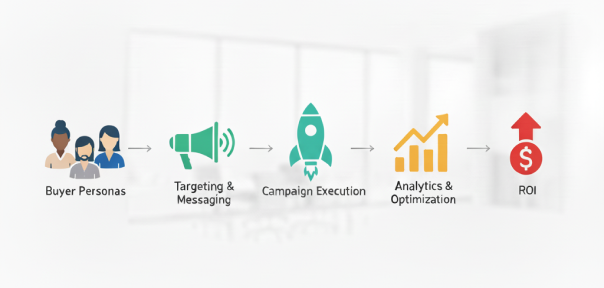
View Course

Included with Pro+ Subscription

View Course

Included with Pro+ Subscription

View Course

Included with Pro+ Subscription
.png)
.png)
View Course

Included with Pro+ Subscription
.png)
View Course

Included with Pro+ Subscription
.png)
View Course

Included with Pro+ Subscription


.png)
View Course

Included with Pro+ Subscription


View Course

Included with Pro+ Subscription
.jpg)

.jpg)

.png)

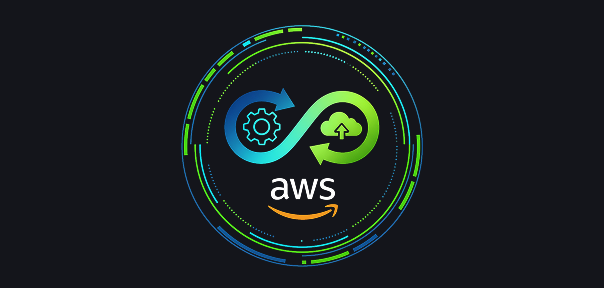
View Course

Included with Pro+ Subscription


View Course

Included with Pro+ Subscription


View Course

Included with Pro+ Subscription
.png)
View Course

Included with Pro+ Subscription

View Course

Included with Pro+ Subscription
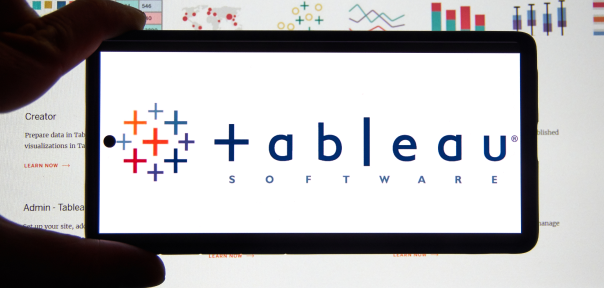
View Course

Included with Pro+ Subscription

View Course

Included with Pro+ Subscription

View Course

Included with Pro+ Subscription
Popular


View Course

Included with Pro+ Subscription

View Course

Included with Pro+ Subscription

View Course

Included with Pro+ Subscription


View Course

Included with Pro+ Subscription

View Course

Included with Pro+ Subscription


View Course

Included with Pro+ Subscription

View Course

Included with Pro+ Subscription
.jpg)
View Course

Included with Pro+ Subscription
Microsoft Courses


View Course

Included with Pro+ Subscription


View Course

Included with Pro+ Subscription


View Course

Included with Pro+ Subscription




View Course

Included with Pro+ Subscription


View Course

Included with Pro+ Subscription
IT & Software

View Course

Included with Pro+ Subscription

View Course

Included with Pro+ Subscription
 (1).png)
View Course

Included with Pro+ Subscription

View Course

Included with Pro+ Subscription

View Course

Included with Pro+ Subscription

View Course

Included with Pro+ Subscription

View Course

Included with Pro+ Subscription

View Course

Included with Pro+ Subscription
.png)
View Course

Included with Pro+ Subscription
.png)
View Course

Included with Pro+ Subscription
.png)
View Course

Included with Pro+ Subscription

View Course

Included with Pro+ Subscription

View Course

Included with Pro+ Subscription
.jpg)
View Course

Included with Pro+ Subscription


View Course

Included with Pro+ Subscription
.png)
View Course

Included with Pro+ Subscription
.png)
View Course

Included with Pro+ Subscription


View Course

Included with Pro+ Subscription

View Course

Included with Pro+ Subscription

View Course

Included with Pro+ Subscription


View Course

Included with Pro+ Subscription
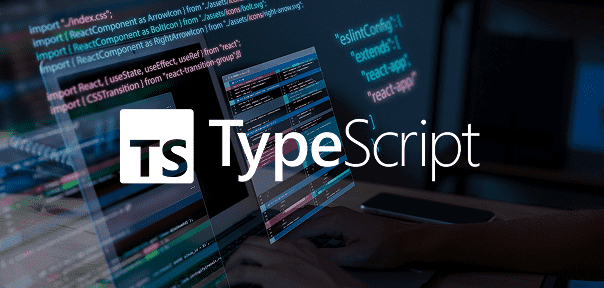
View Course

Included with Pro+ Subscription
AI & Generative AI

View Course

Included with Pro+ Subscription


View Course

Included with Pro+ Subscription

View Course

Included with Pro+ Subscription

View Course

Included with Pro+ Subscription


.jpg)
View Course

Included with Pro+ Subscription

View Course

Included with Pro+ Subscription
Management
.jpg)
View Course

Included with Pro+ Subscription

View Course

Included with Pro+ Subscription
.jpg)
View Course

Included with Pro+ Subscription
 (1).jpg)
View Course

Included with Pro+ Subscription
.png)
View Course

Included with Pro+ Subscription
.jpg)
View Course

Included with Pro+ Subscription
.jpeg)
View Course

Included with Pro+ Subscription

View Course

Included with Pro+ Subscription
.png)
View Course

Included with Pro+ Subscription

View Course

Included with Pro+ Subscription
.png)
View Course

Included with Pro+ Subscription

View Course

Included with Pro+ Subscription
.png)
View Course

Included with Pro+ Subscription
.png)
View Course

Included with Pro+ Subscription
.png)
View Course

Included with Pro+ Subscription

View Course

Included with Pro+ Subscription
Cyber Security

View Course

Included with Pro+ Subscription

View Course

Included with Pro+ Subscription
.png)
.png)
View Course

Included with Pro+ Subscription
.png)
View Course

Included with Pro+ Subscription
.png)
View Course

Included with Pro+ Subscription
Cloud Computing


.png)
View Course

Included with Pro+ Subscription


View Course

Included with Pro+ Subscription
.jpg)

.jpg)

.png)


View Course

Included with Pro+ Subscription


View Course

Included with Pro+ Subscription
.png)

View Course

Included with Pro+ Subscription
.png)

View Course

Included with Pro+ Subscription


View Course

Included with Pro+ Subscription
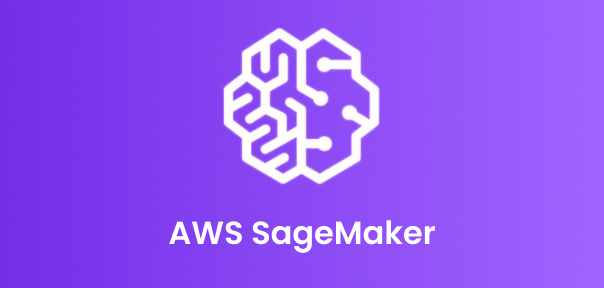

View Course

Included with Pro+ Subscription



Data Science & ML


View Course

Included with Pro+ Subscription
.png)
View Course

Included with Pro+ Subscription

View Course

Included with Pro+ Subscription

View Course

Included with Pro+ Subscription

View Course

Included with Pro+ Subscription

View Course

Included with Pro+ Subscription
Subscribe to Academy Pro+ & get exclusive features
₹999/month Inc. of GST
No credit card required

Learn from 40+ Pro courses
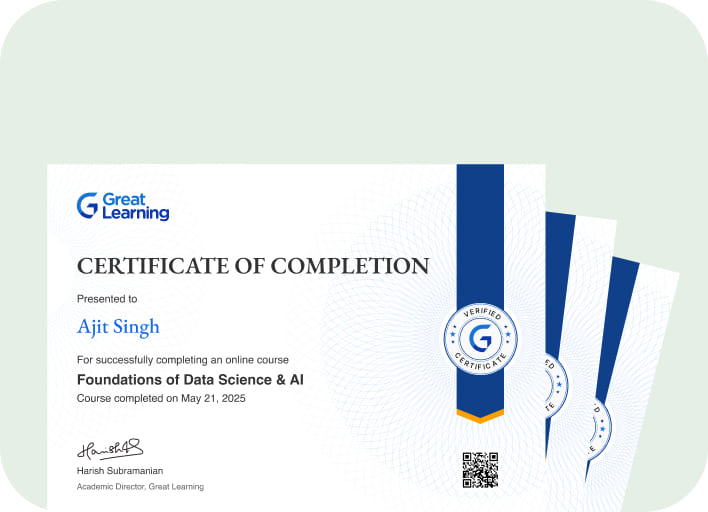
Access 500+ certificates for free
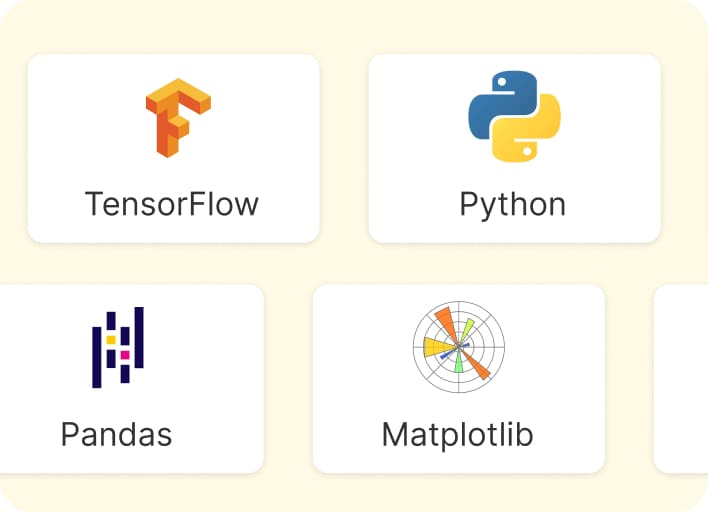
700+ Practice exercises & guided projects
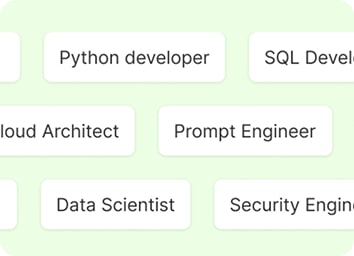
Prep with AI mock interviews & resume builder
Recommended Free Software Course courses




Similar courses you might like













